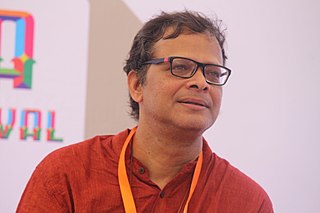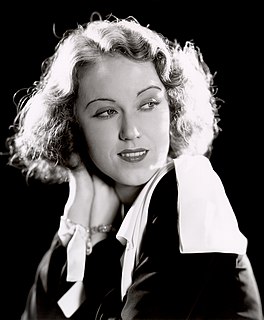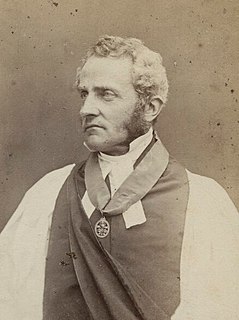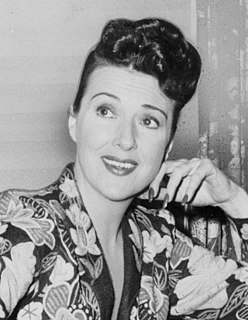A Quote by Jamaica Kincaid
I wrote home to say how lovely everything was, and I used flourishing words and phrases, as if I were living life in a greeting card - the kind that has a satin ribbon on it, and quilted hearts and roses, and is expected to be so precious to the person receiving it that the manufacturer has placed a leaf of plastic on the front to protect it.
Related Quotes
The greeting of peace (as-salamu 'alaykum) has many meanings. One of these meanings is that the person you are greeting will be safe from you (from your tongue, your heart, and your hand) and that you will not transgress against that person with your words or your deeds. This greeting is also a prayer for peace, safety, mercy, and blessings. We should take these noble meanings, which we so often say with our tongues, and make them our way of life in our dealings with other people.
I didn't go to bookshops to buy. That's a little bourgeois. I went because they were civilized places. It made me happy there were people who sat down and wrote and wrote and wrote and there were other people who devoted their lives to making those words into books. It was lovely. Like standing in the middle of civilization.
'Ever seen a leaf - a leaf from a tree?' 'Yes.' I saw one recently - a yellow one, a little green, wilted at the edges. Blown by the wind. When I was a little boy, I used to shut my eyes in winter and imagine a green leaf, with veins on it, and the sun shining ...' 'What's this - an allegory?' "No; why? Not an allegory - a leaf, just a leaf. A leaf is good. Everything's good.'
Every one of us knows how painful it is to be called by malicious names, to have his character undermined by false insinuations, to be overreached in a bargain, to be neglected by those who rise in life, to be thrust on one side by those who have stronger wills and stouter hearts. Every one knows, also, the pleasure of receiving a kind look, a warm greeting, a hand held out to help in distress, a difficulty solved, a higher hope revealed for this world or the next. By that pain and by that pleasure let us judge what we should do to others.
Mothers are not the nameless, faceless stereotypes who appear once a year on a greeting card with their virtues set to prose, but women who have been dealt a hand for life and play each card one at a time the best way they know how. No mother is all good or all bad, all laughing or all serious, all loving or all angry. Ambivalence rushes through their veins.
I took to writing as my medicine to help me stay afloat in acting career journey. I wrote about me breaking hearts, and my heart being broken. I wrote about my views whether they were liberal or conservative. I wrote about everything. I wrote about my life. When I did not have paper coming in as green backs, I'd use random pieces of paper for stories. It was like, I got no money, but I have paper to write. So I wrote.
If a person feels terrible, it usually should not be shown or acknowledged during a greeting exchange. Instead, the unhappy person is expected to conceal negative feelings, putting on a polite smile to accompany the “Just fine, thank you, and how are you?” reply to the “How are you today?” The true feelings will probably go undetected, not because the smile is such a good mask but because in polite exchanges people rarely care how the other person actually feels.
With everything, 'Shooting Stars' included, we'll just have some words on a card to prompt us - 'How would Rod Stewart die,' that kind of thing - and we'll just run with that idea, as if we were talking to each other, messing around. And I'm no scholar of these things, but I think that's what double acts should do, isn't it?
With the rise of industrialism, words like 'normal' and 'defective,' words that had once only been used to refer to things, began to be used to refer to people. ... In the industrial age, a new degree of uniformity was expected of people. The rhythms and pacing of life could no longer be organic. People became expected to function like things.
Oh, pooh, you’re just like akri. No, Simmi, don’t be breathing fire around the flammable objects or small children. Except for that black plastic card that’s not really plastic. It some metal thing, but the Simi loves it cause it let her buy everything she want without limit. He never say no to Simi when she use it. Oh, hello, there, Fang. You okay? You looking kind of peaked or piqued or…? Oh, heck, the Simi can never keep those straight. (Simi)






































